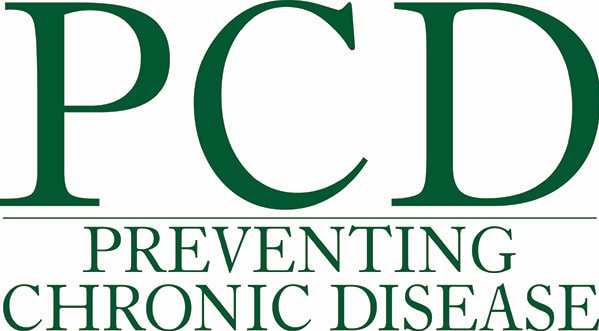Abstract and Introduction
Introduction
The family context has long been regarded as a key setting for health and a target for efforts to strengthen social support for health goals. While improving racial health equity in chronic disease among children and adolescents may more instinctively point toward parent–child experiences, it is not surprising when efforts to improve equity in adults also recognize the role of the family. Broadly speaking, theories and frameworks often bring attention to the family context within considerations of the social environment and social network influences on disease outcomes. In clinic settings, health professionals may speak with adults about their family health history, availability of caregiving, and disease prevention and management within the home environment. Despite these efforts, calls for advancing chronic disease research with families abound. For example, the 2001 Institute of Medicine (IOM) report Health and Behavior: The Interplay of Biological, Behavioral, and Societal Influences described family intervention research for chronic disease management among adults as "in its infancy".[1] Deeper attention to the family relationship context, it was argued, was needed to improve chronic disease outcomes for adults. A decade later, the IOM's 2011 report Living Well with Chronic Illness: A Call for Public Health Action, detailed psychosocial, economic, and health-related consequences of chronic illness for families and advocated for greater public health action.[2] Moving forward, it is vital that we center racial health equity in our work with adults and their families, including efforts inside, outside, and alongside families.
Prev Chronic Dis. 2023;20(4):E27 © 2023 Centers for Disease Control and Prevention (CDC)









